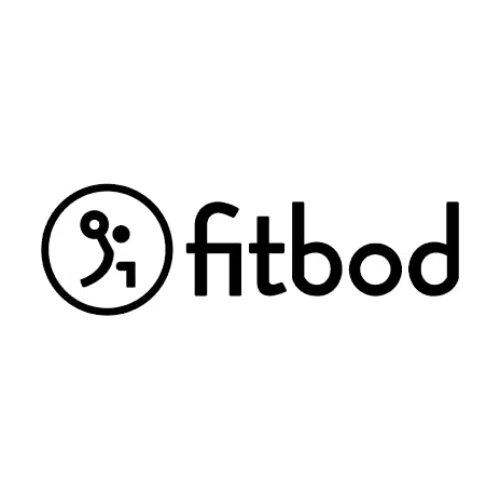


The CFPB did not provide an estimate of how much money is held in payment apps, although it did say that transaction volume across all US service providers was estimated at approximately $893 billion across all of 2022 and may reach nearly $1.6 trillion by 2027. But much of the funds are held by the services themselves, without federal insurance. Some money held in certain types of payment app accounts - PayPal Savings, for example - are indeed deposited in FDIC-member banks and thus would be protected. “FTA members provide clear and easy-to-understand terms in all their products and prioritize consumer protection every step of the way.”īeyond FDIC insurance: How protected is your money outside of banks? These accounts are safe and transparent,” the group said in the statement. “Tens of millions of American consumers and small businesses rely on payment apps to better spend, manage, and send their money. (SQ), which owns Cash App as well as payment system Square.īut industry trade group the Financial Technology Association, which represents both firms, defended the safety of the funds. (PYPL), which owns both PayPal and Venmo, did not reply to a request for comment Friday. These apps are also not immune to the same type of panic-based bank run that closed down Silicon Valley Bank and others recently, the agency added. There are billions of dollars at risk for consumers as a result of payment apps encouraging customers to store funds rather than just make transactions, said the CFPB in its report. If one of those companies were to go under, then, customers could lose their funds.īillions of consumer dollars at risk, agency says Payment apps, however, are not federally insured on the institution level. (In the case of those two banks, the FDIC even abolished the limit, covering all deposits.) Their customers were made whole because account holders at federally insured financial institutions are guaranteed to get back up to $250,000 per account if the bank fails.

The watchdog released the comments in the wake of high profile bank failures like Silicon Valley Bank and Signature Bank. More than three-quarters of US adults have used at least one payment app, the agency said. But the Consumer Financial Protection Bureau wants people to know they don’t have the same protections as a bank or credit union.ĬFPB Director Rohit Chopra warned in a Thursday statement that payment services like PayPal, Venmo, Cash App and Apple Pay “are increasingly used as substitutes for a traditional bank or credit union account but lack the same protections to ensure that funds are safe.” Some consumers are using services like PayPal, Venmo, Cash App and Apple Pay for direct deposit of paychecks, or simply storing lots of cash in them. THE LENDER MAY BE SUBJECT TO FEDERAL LENDING LAWS.Payment apps like PayPal and Venmo might be convenient, but they’re not banks - and a federal financial services watchdog is worried that too many consumers are treating them as such. THE LENDER MAY NOT BE SUBJECT TO ALL VERMONT LENDING LAWS. INFORMATION RECEIVED WILL BE SHARED WITH ONE OR MORE THIRD PARTIES IN CONNECTION WITH YOUR LOAN INQUIRY. VT residents: THIS IS A LOAN SOLICITATION ONLY. Missed payments may have an impact on your credit score. Pay Monthly is currently not available to residents of AK, CO, HI, MA, NV, NY, or TX. Offer availability depends on the merchant and may not be available for subscriptions or recurring payments. Payments may change based on shipping, taxes, updates to your purchase, or missed payments. For example, a $600 purchase can be paid at 18% APR in 6 monthly payments ($105.34/mo. 9.99-29.99% APR based on the customer’s creditworthiness. Pay Monthly is subject to consumer credit approval.


 0 kommentar(er)
0 kommentar(er)
